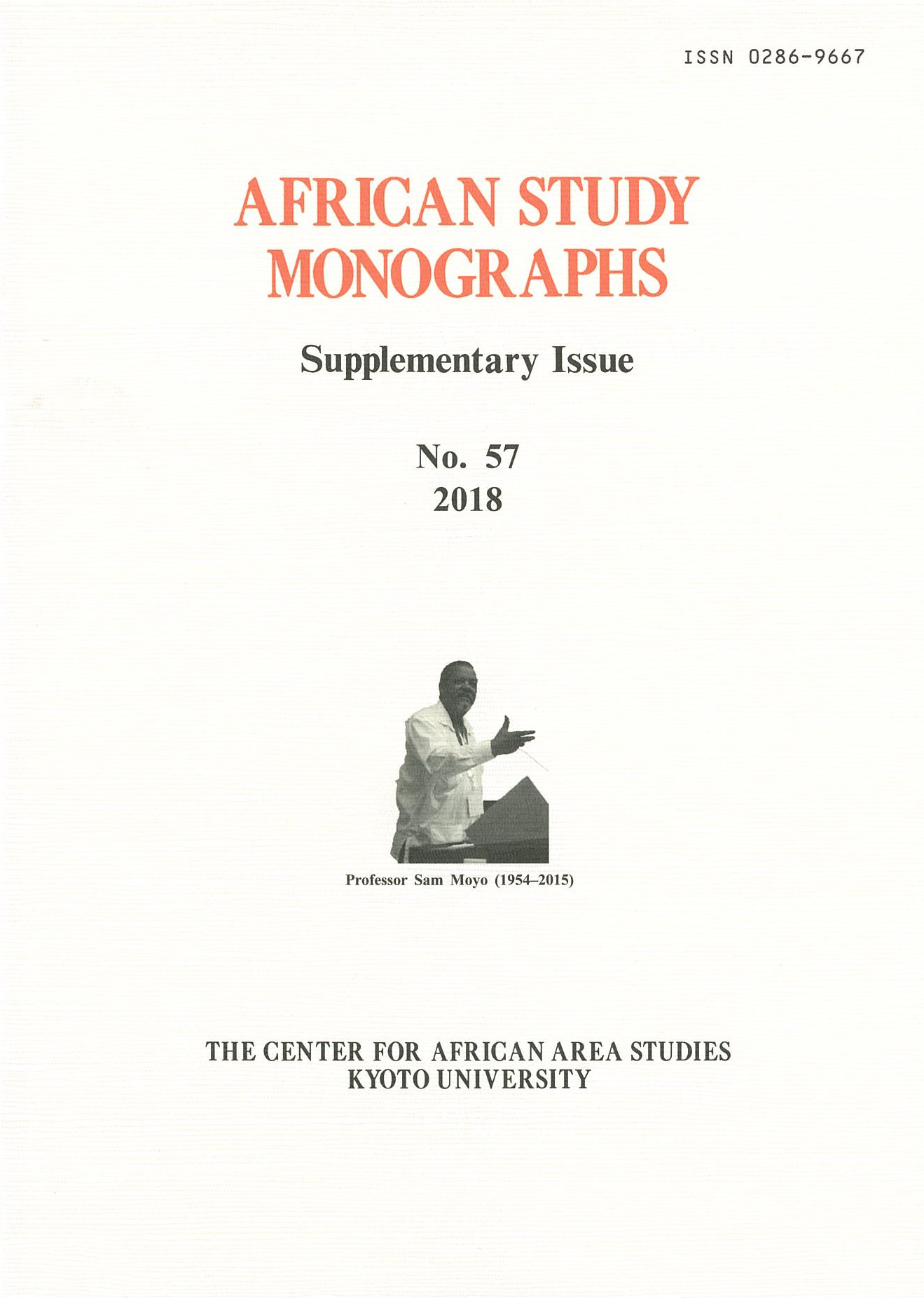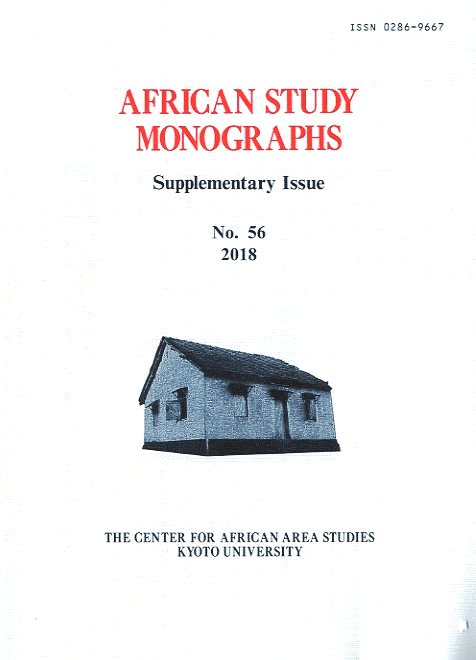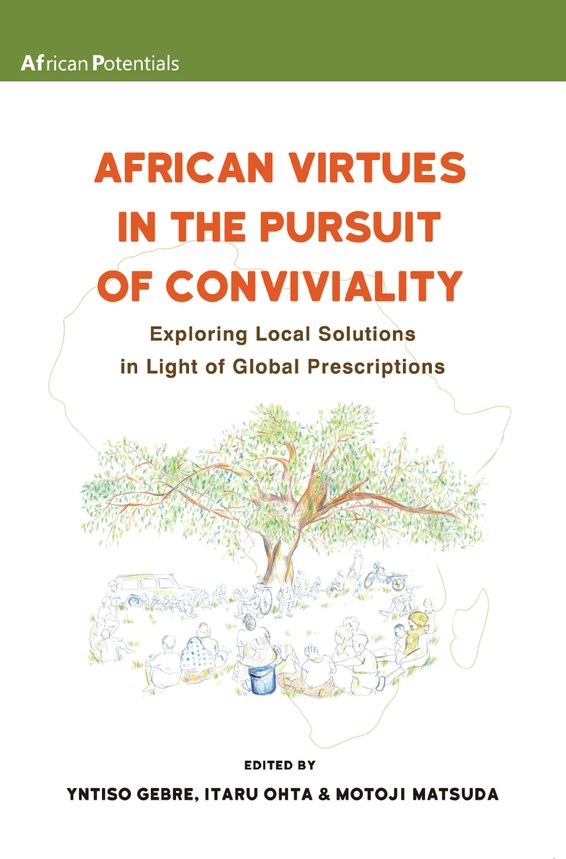9th African Forum: Lusaka Mobility as African Potentials
日時:2019年11月29日〜12月1日
場所:Cresta Golfview Hotel, Lusaka, Zambia
フォーラム報告
2019年11月29日から12月1日まで、ザンビア共和国の首都ルサカで第9回の「アフリカ潜在力フォーラム」が開催されました。日本とザンビアを中心とする南部アフリカ諸国からの報告者、そしてザンビア大学の学生やザンビア在住の日本の研究者、実務家など30名余りが参加して、移動(性)を切り口にしてアフリカ潜在力の可能性を拡張するために、様々な角度から多様なディシプリンを用いて調査の報告がなされ、活発で濃密な議論を行うことができました。
フォーラムでは、まずプロジェクトを代表して松田代表から9年間にわたって本プロジェクトが切り開いてきた成果について、各地で開催されたアフリカフォーラムの到達点と課題、理論的概念的な困難と達成点、実証的な知見の蓄積に分けて説明し、同時に、このプロジェクトが新しいタイプの日本とアフリカの学術交流・協働のモデルとなりつつあることが提示された。続いてザンビア側を代表してザンビア大学のGodfrey Hampwaye教授から、本プロジェクトへのアフリカ側としての期待を中心に歓迎の辞が述べられた。同教授は、2019年に半年間、東京外国語大学の現代アフリカ地域研究センターの客員教授として来日しており、京都大学にもセミナ報告のため訪問し、本プロジェクトのメンバーともプロジェクトについて議論し、成果を共有していたので、極めてポイントを得た注文や期待が指摘された。
今回のルサカフォーラムの基調講演者は、ザンビア北部の銅山地帯にキャンパスを持つ歴史のある国立大学the Cppperbelt Universityのハマーショルド平和・紛争研究所の前所長、Owen Sichone教授である。Sichone教授は、政治学、政治社会学を専門にしながら南部アフリカ社会の現状をコロニアリティ、ポストコロニアリティの視点から鋭く分析する研究者として尊敬されているが、今回はプロジェクト事務局との事前の相談会(2019年8月)において、移動(性)をキーワードとして社会の流動化と再編成を読み取ることが合意されたので、その線にそって、地理的移動のみならず多様な移動のあり方をポストコローニアル・アフリカのコンテキストで見事に切り取って見せた。第二期のプロジェクトでは、2016年のカンパラでは土着性、2017年のグラハムズタウンでは普遍性(複数形)、2018年のアクラでは未来性とインフォーマリティを、アフリカ潜在力を理論化するための補助線として設定してきたが、今回の移動(性)によって、アフリカ潜在力の複雑な全体像が浮かび上がらせることができた。これは、第1期において、アフリカ潜在力の特性をやや形式的に規定してきた試みからさらに一歩進んだものとなった。
Sichone教授の圧倒的な基調講演のあと、口頭報告14本(アフリカ側8本と日本側6本)が、Education & Knowledge Production, Rural Transformation & Development, Wisdom from Below, Gap & Integration, Culture & Humanityという五つのセッションとしてなされ、全員で集中的な討議を実施した。参加者は、日本、ザンビアだけでなく、ジンバブエやマラウィからも参加し、その専門領域も政治学、法学、人類学、環境学、地理学、社会学など多様な研究者が協働してアフリカ潜在力の議論を作り出していった。特に今回のフォーラムでは、フェミニズム法学の立場から学術のみならず社会実践も行なっている女性研究者からアフリカの慣習法の「生きられた法」としての柔軟性・強靭性が提起されたことは、アフリカ潜在力の議論に新たな可能性を切り開くことができた。
五つそれぞれのセッションには、日本側とアフリカ側からコメント役が用意され、これまでのフォーラムとの連続性の観点から創造的な位置づけや提言を行なった。その中心になったのが2011年に始まった第1期のプロジェクトから、継続してアフリカフォーラムに参加しているアフリカ側コアメンバーと、日本側の研究分担者であった。コアメンバーはアフリカフォーラムの回を重ねるたびに強化され、現在は、ケニア、南ア、南スーダン、エチオピア、カメルーン、ガーナ出身の第一線の研究者が揃っている。
最後の総合討論では第一回のナイロビフォーラムから全てのフォーラムに参加してきた日本側の栗本英世教授と太田至教授を始め、アフリカ側コアメンバーが獲得地平を総括した上で、全員で自由な議論を展開していった。
これらの成果の一部は、最終年度にLANGAA社から刊行予定の「シリーズAfrican Potentials」の中に収められる予定です。
(プロジェクト・リーダー松田素二)
PROGRAM
Program Timetable
November 29, Friday
- 18:00 – 18:30 Registration
- 18:30 – 20:30 Reception
November 30, Saturday
- 8:40 – 9:00 Opening Remarks
- Motoji Matsuda (Project leader, Kyoto University)
- 9:00 – 9:20 Greeting Address
- Godfrey Hampwaye (University of Zambia)
- 9:20 – 10:40 Keynote Address (Chair: Itaru Ohta)
- Owen Sichone (Copperbelt University)
- Mobility as Freedom, and Strangers as Potential Kin: Reflections on the African Potential for Managing Social Conflict
- 10:40 – 12:40 Session 1: Education and Knowledge Production (Chair: Itaru Ohta)
- Commentators: Edward Kirumira & Yaw Ofosu-Kusi
- 1-1. John Mweshi (University of Zambia)
A Critique of the Dilemmas of Education in Africa from the Perspective of “African Potentials.” - 1-2. Godfrey Hampwaye & Gilbert Siame (University of Zambia)
Championing Innovations in Urban Planning Discourses in Africa: Insights from the Master of Science in Spatial Planning Programme at the University of Zambia - 1-3. Nagisa Nakawa (Kanto Gakuin University)
Guided Participation as a Means of Classroom Interaction in Zambia: Observing Children’s Play - 12:40 – 13:40 Lunch Break
- 13:40 – 15:40 Session 2: Rural Transformation and Development (Chair: Yaw Ofosu-Kusi)
- Commentators: Michael Neocosmos & Eisei Kurimoto
- 2-1. Tetsu Sato (Ehime University)
Potentials of Sustainability Transformations Emerging from Community-Based Innovative Practices: Case Studies in Lake Malawi Riparian Villages - 2-2. Rangarirai G. Muchetu (Sam Moyo African Institute for Agrarian Studies)
Land Reform and Then What? Post-Reform Community Development Strategies in Sub-Saharan Africa; Lessons from Zimbabwe - 2-3. Yumi Sakata (Embassy of Japan in Zimbabwe)
African Potentials in Peasant Tobacco Farmers: A Case Study from the State-Led Capitalism and the Expansion of Tobacco Contract Farming in Zimbabwe - 15:40 – 15:50 Coffee Break
- 15:50 – 17:50 Session 3: Wisdom from Below (Chair: Motoji Matsuda)
- Commentators: Francis B. Nyamnjoh & Toshio Meguro
- 3-1. Bosco Rusuwa (University of Malawi)
Africa’s Potential: Historical Perspectives, Local Initiatives and the Wider Macro-Economic Environment as Drivers of Progress - 3-2. Yuko Sugiyama (Hirosaki University)
“We Have Already Tried It, Only Politicians Just Don’t Know It”: Making Innovation Socially Inclusive among the Bemba of Northern Zambia - 3-3. Shuichi Oyama (Kyoto University)
Willingness to Make a Profit While Being Fearful of Jealousy: The Role of “Piecework” in Bemba Society in Northern Zambia
December 1, Sunday
- 9:30 – 11:30 Session 4: Gap and Integration (Chair: Eisei Kurimoto)
- Commentators: Michael Neocosmos & Francis Nyamnjoh
- 4-1. Chuma Himonga & Tinenenji Banda (University of Zambia)
The Regulatory Potential of Living Customary Law in Southern African Contexts - 4-2. Chidongo Phiri (University of Zambia)
The African Potential on Reduction of Corruption “Nichekeleko” and “Ndishamo” in the Transport Sector in Zambia - 4-3. Horman Chitonge (University of Cape Town)
The African Union Protocol on the Free Movement of Persons in Africa: Implications for Labour Mobility and the Skills Gap - 11:30 – 13:00 Lunch Break
- 13:00 – 15:00 Session 5: Culture and Humanity (Chair: Itaru Ohta)
- Commentators: Edward K. Kirumira & Motoji Matsuda
- 5-1. Yuji Matsuhira (University of Hyogo)
Potentials of African Music: A Case of Zimbabwean Music in Japan - 5-2. Francis Nyamnjoh (University of Cape Town)
Ubuntuism and Africa - 15:00 – 15:45 Coffee Break
- 15:45 – 16:45 General Discussion
- Convener: Eisei Kurimoto (Osaka University)
- Convivial Dinner



